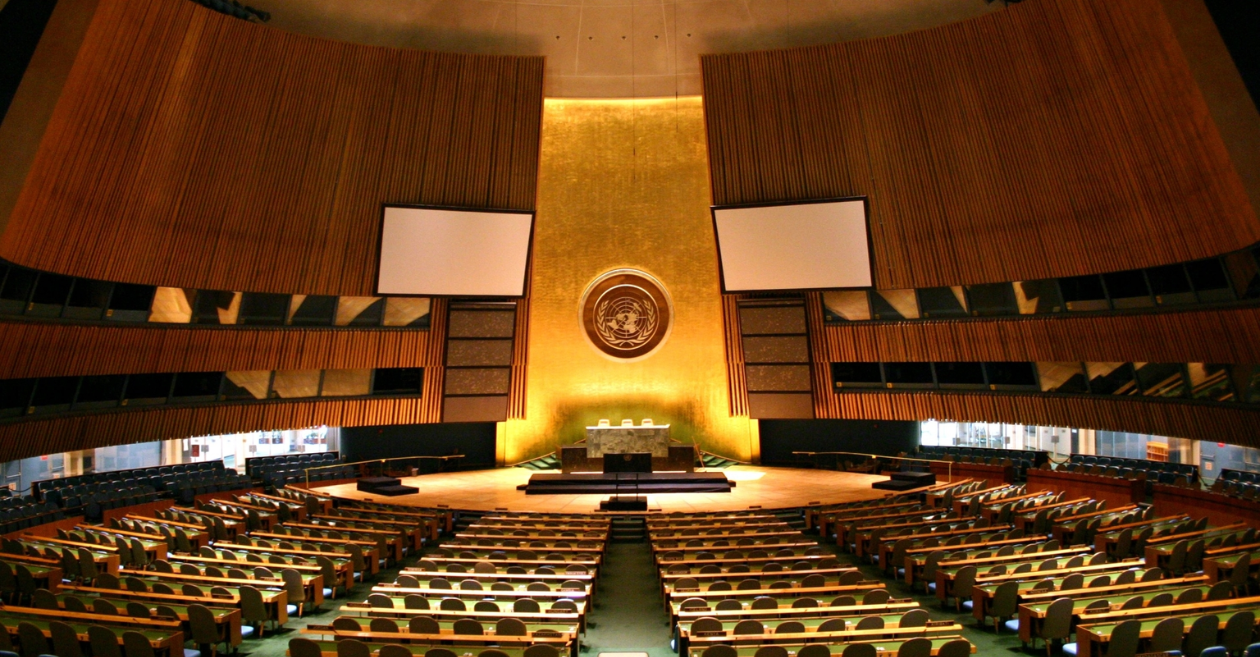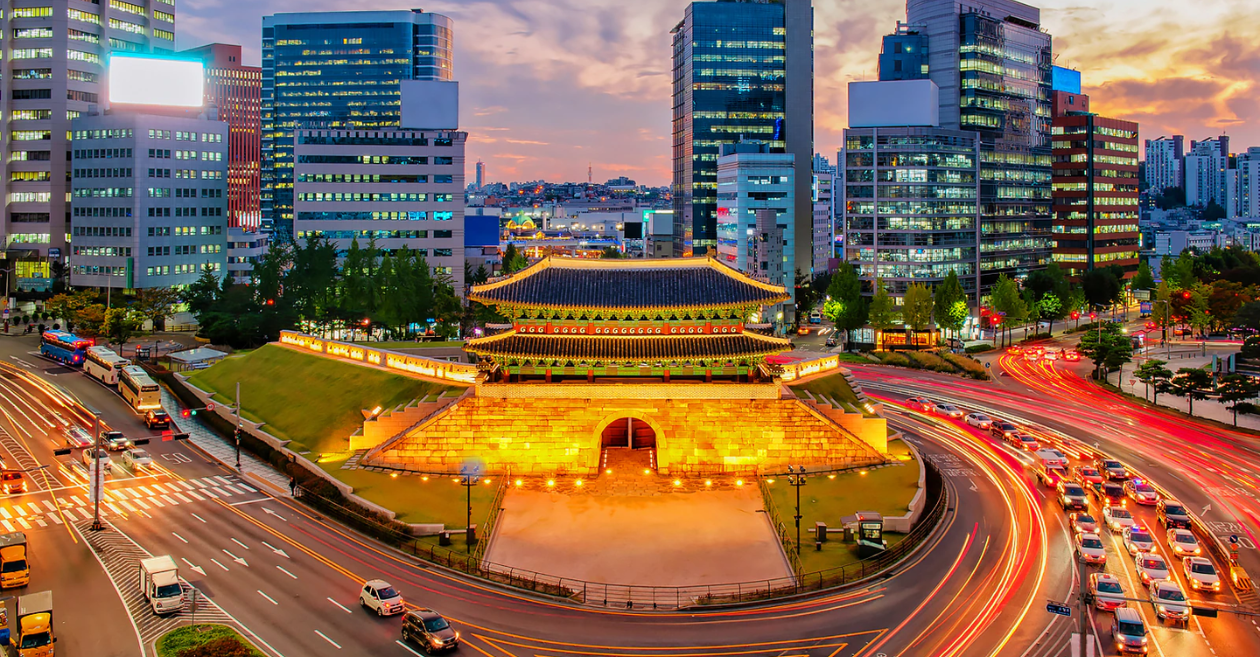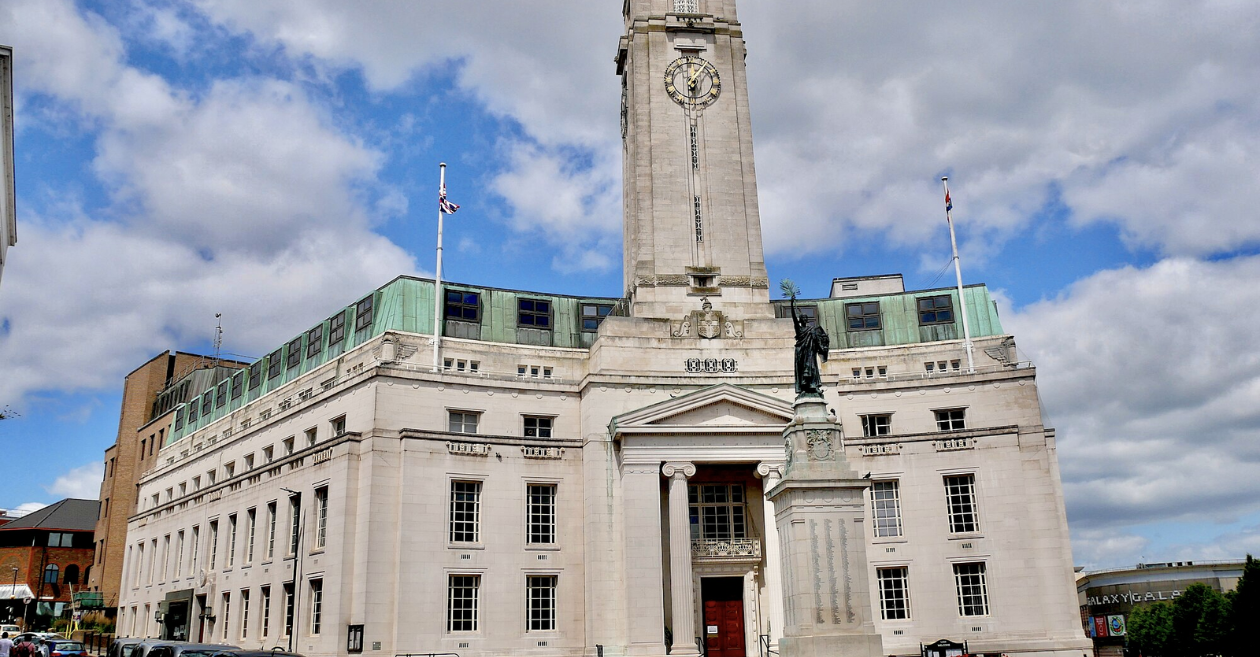


In the intricate web of global diplomacy, the United Nations (UN) stands as a beacon of unity and collaboration. Behind its robust framework lie six indispensable organs, each playing a unique role in maintaining international peace and fostering cooperation. Let's delve into the heart of the UN and uncover the significance of its six organs.
People Also Read: What Is Santa Tracker?
The General Assembly is the UN's primary deliberative body, resembling a global town hall where all member states have an equal voice. It's the ultimate platform for nations to discuss and decide on crucial international issues. Picture it as a grand gathering, with every country contributing to the dialogue.
The Security Council is the UN's crisis management center, responsible for maintaining international peace and security. With five permanent members wielding veto power, it holds the authority to make binding decisions, deploy peacekeeping forces, and impose sanctions. The Security Council is the world's peacekeeper, ensuring that conflicts don't escalate into global crises.
The ICJ serves as the UN's judicial arm, settling legal disputes between states. Think of it as the world's courtroom, where nations bring their grievances for resolution. The court's decisions are binding and contribute to the rule of law on the international stage.
The Secretariat is the UN's administrative engine, working tirelessly behind the scenes to implement the decisions of the General Assembly and the Security Council. Led by the Secretary-General, it ensures the smooth functioning of the organization, from managing peacekeeping missions to coordinating humanitarian efforts. It's the backbone that keeps the UN standing tall.
ECOSOC is the UN's hub for promoting international economic and social cooperation. With 54 member states, it addresses a spectrum of issues, from poverty and education to gender equality and environmental sustainability. Picture it as a global brainstorming session, where nations collaborate to build a better future for all.
While the Trusteeship Council is not as active today, its historical significance is profound. It played a vital role in overseeing the administration of trust territories, guiding them toward self-government and independence. It reflects the UN's commitment to decolonization and nurturing nations on their journey to autonomy.
UN Peacekeeping Missions - A Historical Perspective
| Year | Number of Peacekeeping Missions | Notable Achievements |
| 1948 | 1 | Establishment of UNTSO in the Middle East |
| 1999 | 17 | Timor-Leste gains independence with UN support |
| 2020 | 12 | Ongoing efforts in conflict zones like Mali and South Sudan |
ECOSOC's Impact on Global Development
| Year | Key Focus Areas | Notable Achievements |
| 2000 | Millennium Development Goals | Significant progress in reducing global poverty |
| 2015 | Sustainable Development Goals | Ongoing efforts in promoting environmental sustainability |
In the grand symphony of international relations, the six organs of the United Nations play distinct but harmonious roles. From the General Assembly's democratic dialogue to the Security Council's peacekeeping prowess, each organ contributes to the overarching goal of a united and peaceful world. As we navigate the complexities of a globalized society, understanding the significance of these organs becomes crucial in appreciating the UN's tireless efforts to create a better tomorrow for us all.
The General Assembly serves as the UN's primary deliberative body, providing a platform for all member states to discuss and decide on international issues. It operates as a global town hall, ensuring equal representation for nations in shaping the direction of international cooperation.
The Security Council acts as the UN's crisis management center, wielding the authority to make binding decisions, deploy peacekeeping forces, and impose sanctions. With a focus on maintaining international peace and security, it plays a pivotal role as the world's peacekeeper.
The ICJ serves as the UN's judicial arm, settling legal disputes between member states. Its decisions are binding and contribute to the establishment and reinforcement of the rule of law on the international stage.
The Secretariat is the administrative backbone of the UN, led by the Secretary-General. It works behind the scenes to implement decisions made by the General Assembly and the Security Council, ensuring the smooth functioning of the organization, from managing peacekeeping missions to coordinating humanitarian efforts.
ECOSOC fosters international economic and social cooperation among its 54 member states. It addresses a wide range of global issues, including poverty, education, gender equality, and environmental sustainability, functioning as a global brainstorming session to build a better future for all.

South Korea is like a cool mix of old

You might not think of Luton immediat

Cancun, just saying it makes you thin

The USS Enterprise is like a supersta

Woolworths, a beacon in the retail la

In the vast sea of credit card choice
Trash to treasure: How Google thinks
Spring Fashion Show at the University
Matter of Impact: April updates from
Android Enterprise security delivers
We are not gonna make spamming
Copyright By@TheWebTrends - 2023
BACK TO TOP